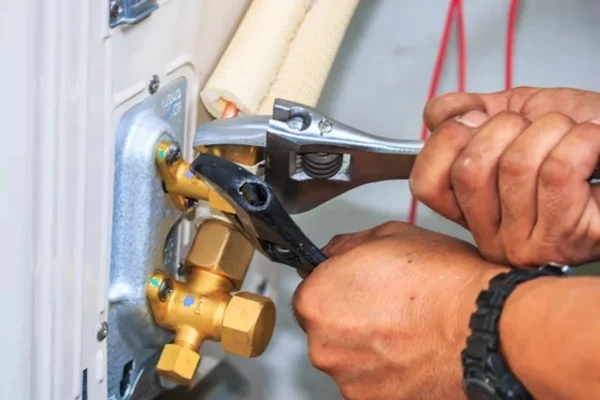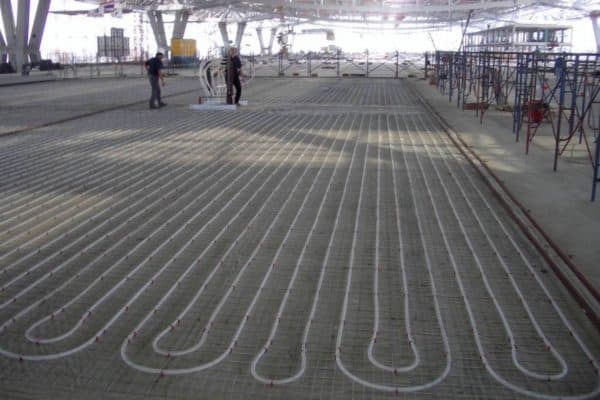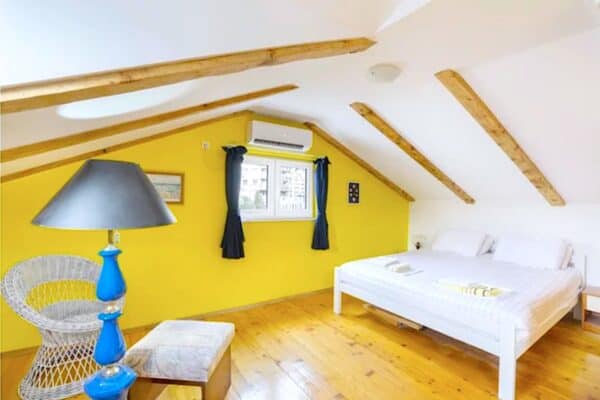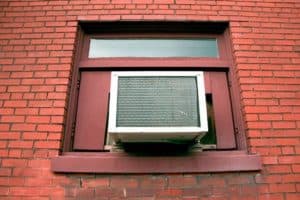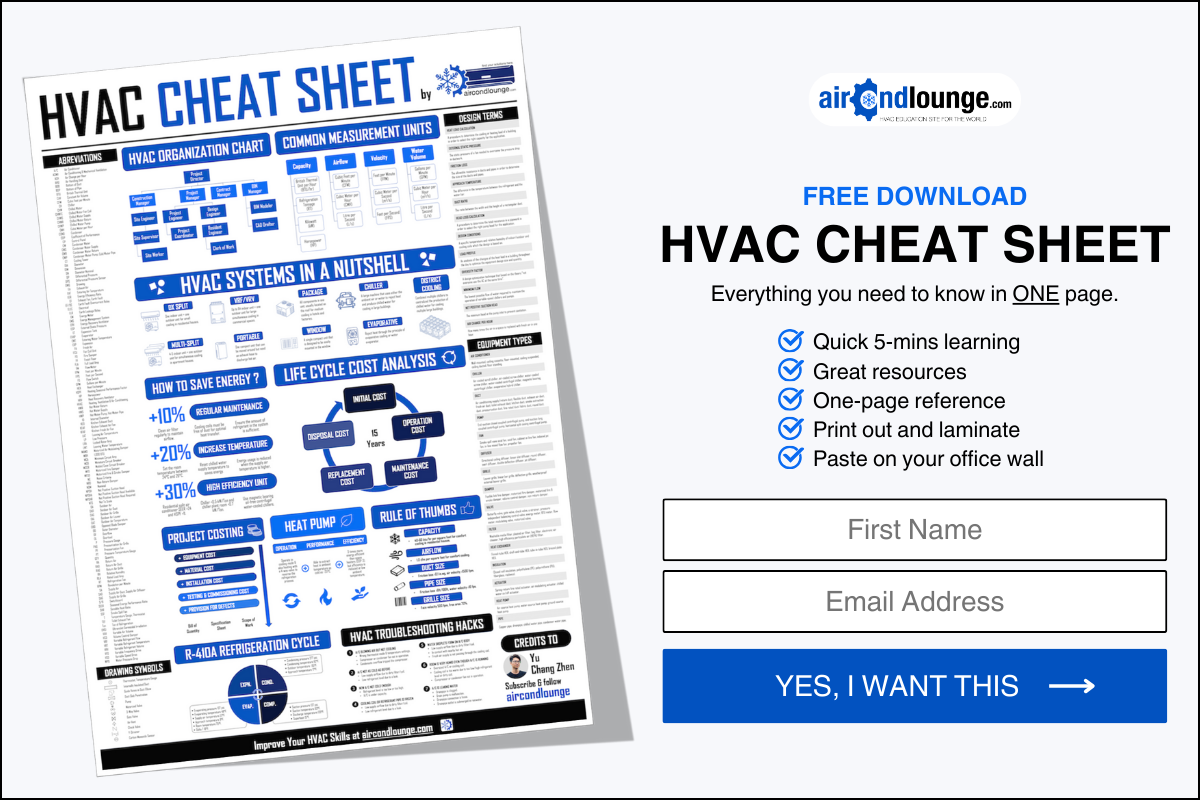Are Inverter Air Conditioners Worth the Price? (9 Reasons)
I used to have non-inverter air conditioners and now I’m using inverter air conditioners. If you are wondering whether or not inverter air conditioners worth the price, here is my thought.
An inverter air conditioner is best for rooms that are frequently used because it saves more energy and provides better comfort. Although inverter air conditioners cost more than non-inverter air conditioners, their benefits can outweigh the price. Hence, an inverter air conditioner is usually worth the price.
We use air conditioners for many years. Inverter air conditioners can save us a significant amount of money over the long run.
9 Reasons to Buy Inverter Air Conditioners
The inverter is an air conditioning technology developed to optimize the efficiency of air conditioners and thus, reduce power consumption and electricity usage. An air conditioner with inverter technology offers the following benefits:

1. Save Money
Inverter air conditioners don’t shut off its compressor like non-inverter air conditioners do. When your room reached the set temperature, your inverter air conditioner will reduce the speed of its compressor by up to 50%. By adjusting its cooling power, your inverter air conditioner consumes less power and therefore, saves you money.
Conventional non-inverter air conditioners don’t have the inverter technology and thus, they are unable to control the speed of their compressor. When your room reached the set temperature, non-inverter air conditioners simply shut off their compressor to stop providing cooling. Then, when your room gets warmer, it turns back on its compressor. By frequently turning on and off the compressor, non-inverter air conditioners consume more power.

2. Sleep Better
Inverter air conditioners are able to reduce the speed of their compressor to maintain the desired room temperature. Thus, your room will always maintain a constant temperature and you’ll sleep better.
On the other hand, non-inverter air conditioners turn on and off their compressor to maintain the desired room temperature. However, they always slightly under-cool and over-cool the room when trying to get to the set temperature.
If you’re using a non-inverter air conditioner in a small room, the temperature fluctuation is even greater because small rooms get cooled very quickly, the air conditioner will not turn off its compressor too soon to protect the compressor because turning on and off the compressor too frequently will damage it.

3. Quieter
Inverter air conditioners will reduce their compressor’s speed when a room is sufficiently cooled. Therefore, they generate lesser noise when maintaining the room temperature at low compressor speed. Contrarily, non-inverter air conditioners will always create noise when they turn on their compressor. Thus, generating more noise than inverter air conditioners.

4. Cool Faster
Air conditioners with inverter technology can stretch the performance of their compressor by about 20%. For instance, Daikin FTKM35TVMM has a rated cooling capacity of 11,900 BTU and its maximum rated cooling capacity is 14,000 BTU. Conversely, the cooling capacity of non-inverter air conditioners is fixed. Therefore, an inverter air conditioner can cool your room faster.

5. Prevent Overcooling
Non-inverter air conditioners stop the cooling by turning off their compressor when your room reached the set temperature. However, they often prolong it to prevent their compressor from turning on and off too frequently and thus, protecting their compressor. But, by doing so, they overcooled your room.
On the other hand, inverter air conditioners don’t turn off their compressor. Instead, they reduce the speed of their compressor and maintain a steady room temperature.

6. Better Air Filter
Manufacturers usually have more inverter air conditioner models than non-inverter ones. Thus, mid-end to high-end inverter models often equipped with better air filters such as PM2.5 filters and green tea filters. They provide much cleaner air to your house. Furthermore, most inverter air conditioners have an ionizer which further improves the air quality while most non-inverter air conditioners have basic cooling functions only.
Curious about: Does Air Conditioner Reduce Dust in Your House?

7. More Features
Manufacturers often pack more features in their inverter air conditioner models. Some of the features such as mobile app control, motion detection, ECO mode and 3D airflow are usually available only for the inverter models. Most non-inverter models have only basic functions such as swing adjustment, timer and turbo mode.

8. Better Looking
Manufacturers usually produce more inverter models than non-inverter models. Hence, they categorize inverter models by their price and features. As the price gets higher, the material and design get better. More often, deluxe and premium inverter models are better looking than standard non-inverter models.

9. Better for the Environment
The majority of power plants generate electricity by burning fossil fuel, biomass and waste. The combustion produces byproducts such as carbon dioxide and sulfur dioxide which are harmful to the environment. Inverter air conditioners use less energy than non-inverter air conditioners. So, they consume less electricity and reduce the carbon emission from power plants. Therefore, they are better for the environment.
Find out: Is Air Conditioner Exhaust Harmful? The Outdoor Unit
Are Inverter Air Conditioners Very Costly to Repair?
I often heard people tell me that inverter air conditioners break easily and they are very costly to repair. However, I’ve not experienced any of that (touch wood). I believe it is due to poor maintenance and installation. I’ve been using my inverter air conditioners for about 3 years now.
I’ve spoken to many technicians who had previously repaired broken inverter air conditioners. Most of them told me that the main reason why the air conditioner broke is because small insects that went into the circuit board of the air conditioner, causing short circuits.
These incidents can be avoided if we clean our air conditioners regularly to prevent dust and dirt from collecting on the surface and inside the air conditioner which gives small insects the chance to hide and live inside the air conditioner. Ultimately, damage the electrical components of the air conditioner.
Nevertheless, the inverter itself can cost around 40% of the air conditioner price. Hence, one way to ensure good quality is to buy from a reputable manufacturer/brand. See how to choose air conditioner.
What are the Reasons Not to Use Inverter Air Conditioners?
However, inverter air conditioners are not perfect. There are times where it is better to use non-inverter air conditioners. Here are the reasons not to use inverter air conditioners:
- You hardly use the air conditioner – You’ll only get measurable energy saving from inverter air conditioners when you use them frequently. If you hardly use the air conditioner, you might as well get the cheaper non-inverter air conditioners.
- You are renting out your house – I know this is harsh but it is the reality. If you’re buying air conditioners for the house that you’re about to rent out, you might as well get the cheaper non-inverter air conditioners to maximize your return on investment.
- You are out of budget – An inverter air conditioner can cost about 20% more than a non-inverter air conditioner. If you are buying many units, it adds up to a significant amount of money.
Conclusion
Whenever my friends and family ask me whether they should buy inverter or non-inverter air conditioners, I mostly recommend them inverter ACs because I had experienced them myself.
I was not comfortable back then when my bedroom was installed with a non-inverter air conditioner. It always gets too cold when the compressor turns on. I had to sleep with a thick blanket. I dealt with it for a few years before I got myself an inverter air conditioner. Now, my bedroom is so much more comfortable.
If you have the budget, consider buying inverter air conditioners for the reasons I outlined above. I believe it will serve you well and I hope you have no regret buying them.
If you have anything to add (or ask) about this topic, leave a comment down below!




